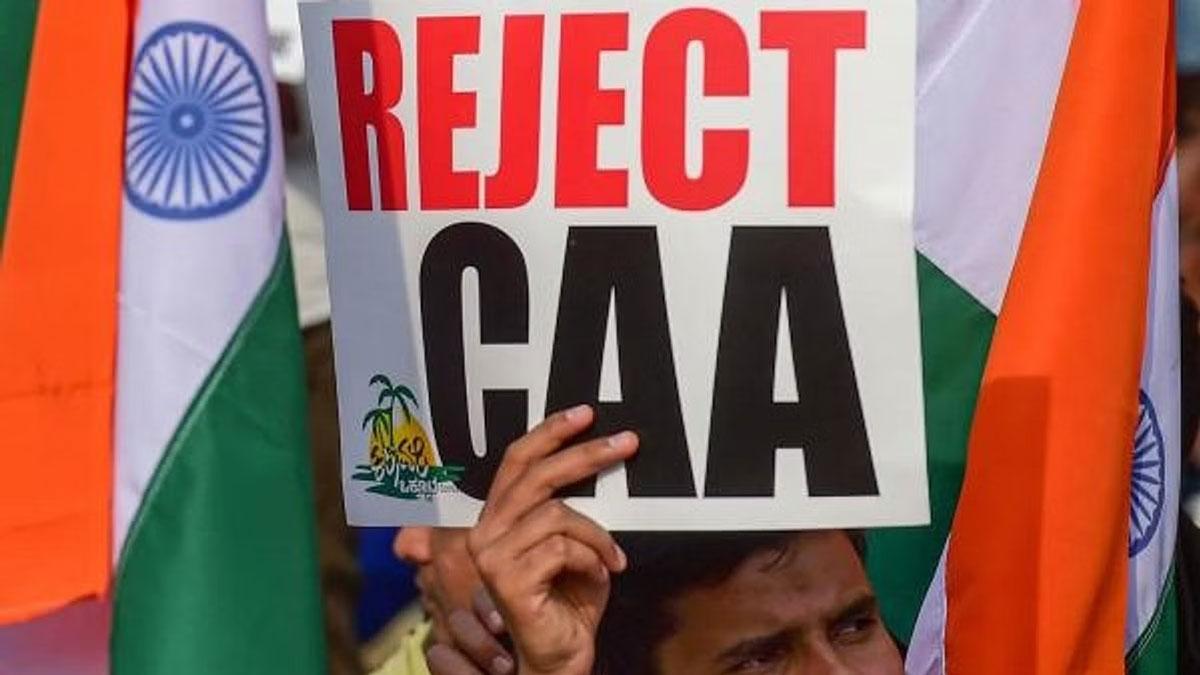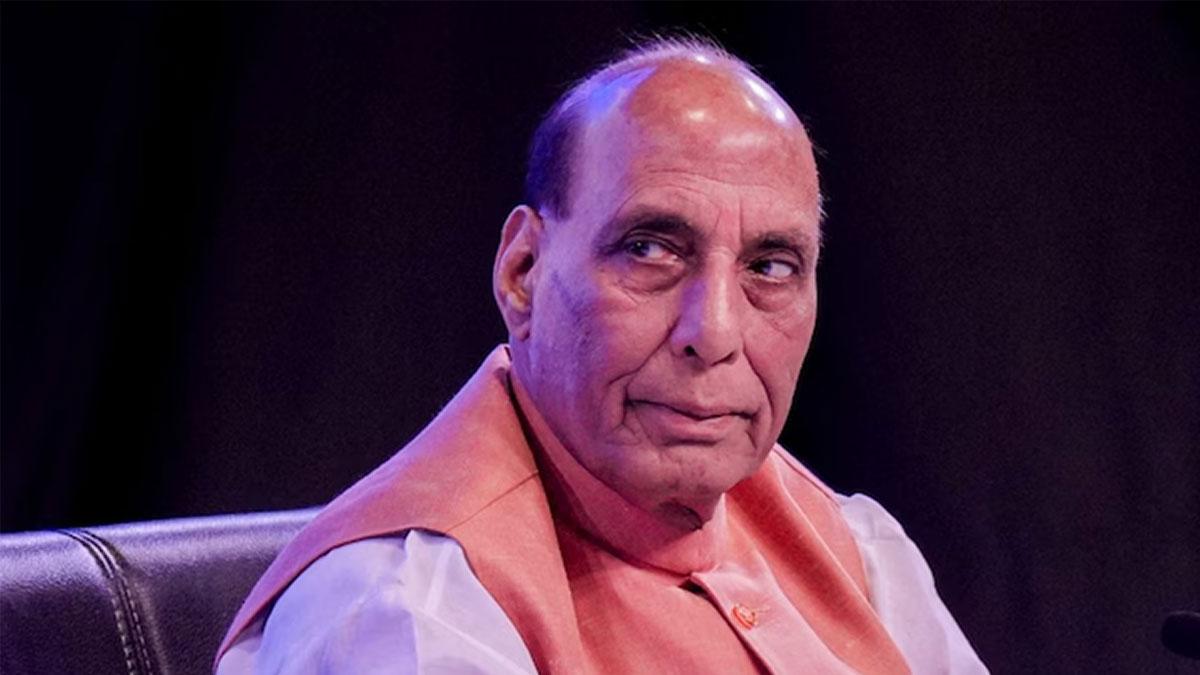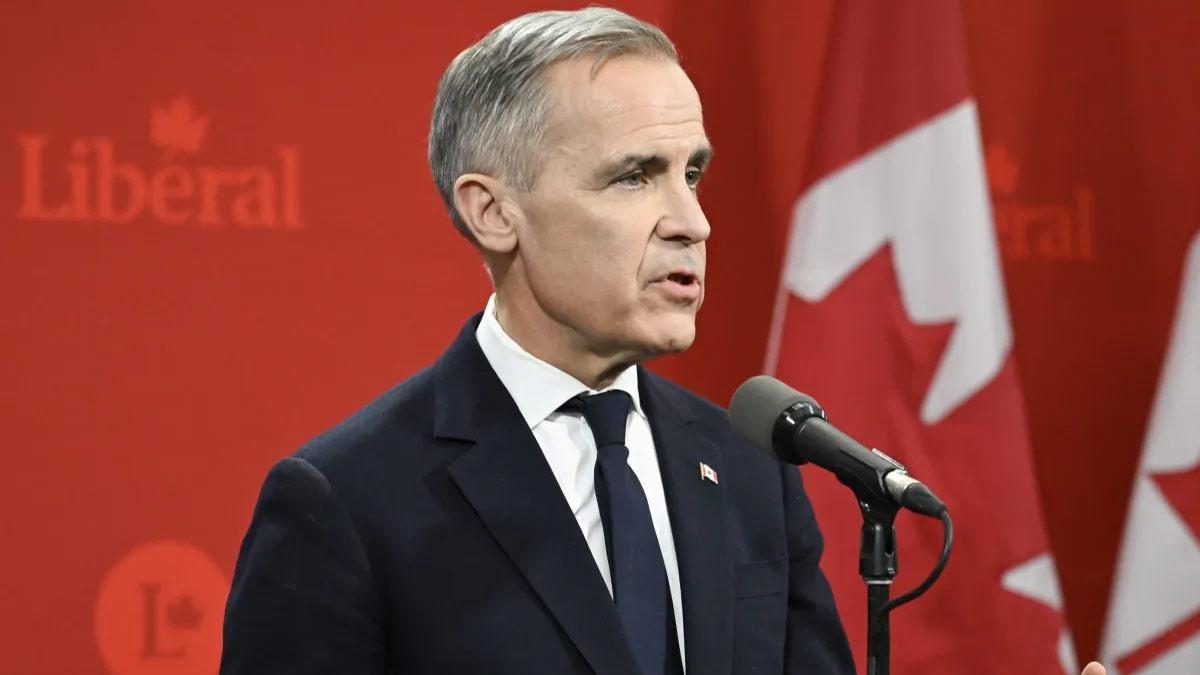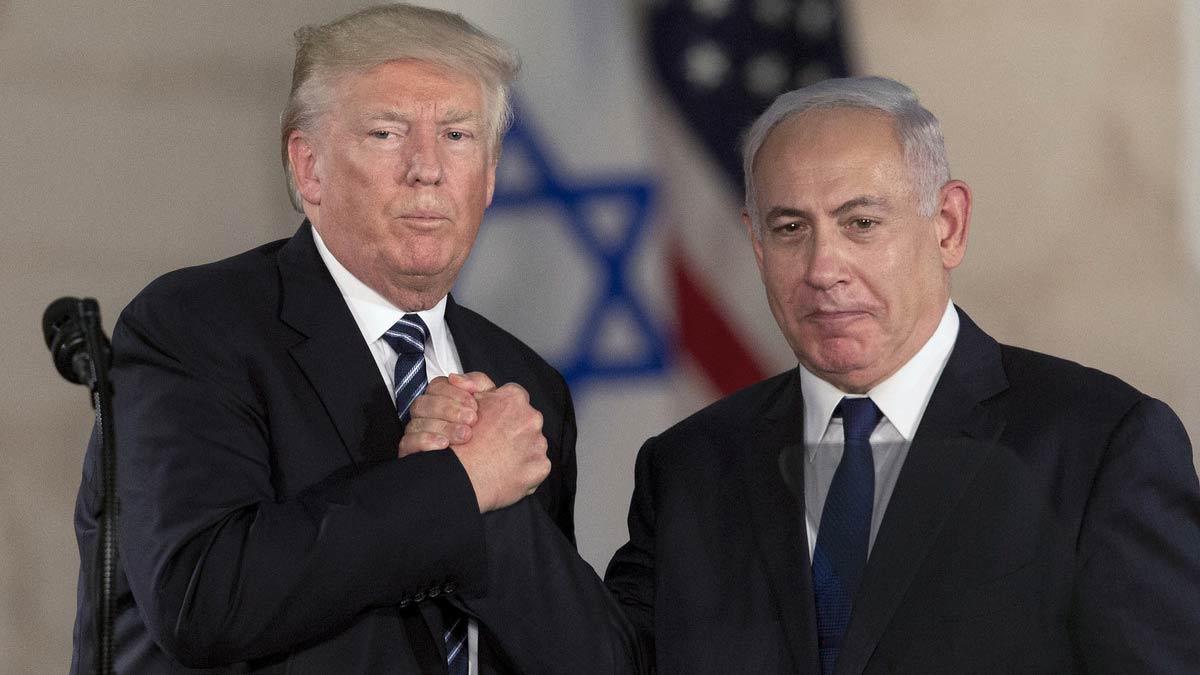A senator from the United States has voiced apprehension regarding the recent notification by the Indian government concerning the rules for implementing the Citizenship Amendment Act (CAA). The senator emphasized the significance of ensuring that cooperation between the US and India is grounded in shared values, particularly the protection of human rights irrespective of religious affiliation, as the relationship between the two nations strengthens.
The CAA, which was implemented by the Indian government last week, enables the granting of citizenship to undocumented migrants from Pakistan, Bangladesh, and Afghanistan who are non-Muslim and arrived in India before December 31, 2014. Assurances were provided by the government through a press statement, stating that the CAA does not affect the citizenship status of Indian Muslims, who enjoy equal rights alongside Hindus.
Senator Ben Cardin, Chairman of the Senate Foreign Relations Committee, expressed deep concern over the timing of the notification of the controversial CAA, particularly during the holy month of Ramadan. He stressed the importance of upholding shared values of protecting human rights as the cornerstone of the US-India relationship.
The US State Department had previously expressed concerns about the CAA, emphasizing the importance of religious freedom and equal treatment under the law for all communities as fundamental democratic principles. However, India firmly rebuked the criticism from the US State Department, dismissing it as "misinformed and unwarranted."
Support for the CAA was voiced by organizations such as the Hindu Policy Research and Advocacy Collective (HinduPACT) and the Global Hindu Heritage Foundation. They underscored the humanitarian aspect of the legislation, which aims to provide expedited citizenship to persecuted minorities from neighboring countries, including Hindus, Christians, Sikhs, Buddhists, Jains, and Parsis.
Ajay Shah, founder and co-convenor of HinduPACT, emphasized that the CAA does not affect any Indian citizen and criticized the characterization of the law as non-secular. He expressed disappointment with the US government's opposition to what he described as a humanitarian effort to protect persecuted minorities.
Co-convenor of HinduPACT, Deepti Mahajan, highlighted the dire situation faced by girls from Hindu, Sikh, and Christian minority communities in Pakistan, citing reports of abduction, forced conversion, and exploitation. She criticized the State Department for not addressing these issues and instead focusing on criticizing India's efforts to assist victims of persecution.
V S Naipaul from the Global Hindu Heritage Foundation emphasized the need to address the plight of minorities facing atrocities, persecution, and forced conversions in neighboring Islamic countries. He asserted that the CAA aims to provide relief to these persecuted minorities and uphold principles of secularism, peace, and humanity.
Read also | Praise for Indian Navy's Anti-Piracy Efforts by US Defense Secretary
Read also | Escalating Border Tensions: Pakistan Airstrikes Claim Lives of 8 Afghan Civilians


















